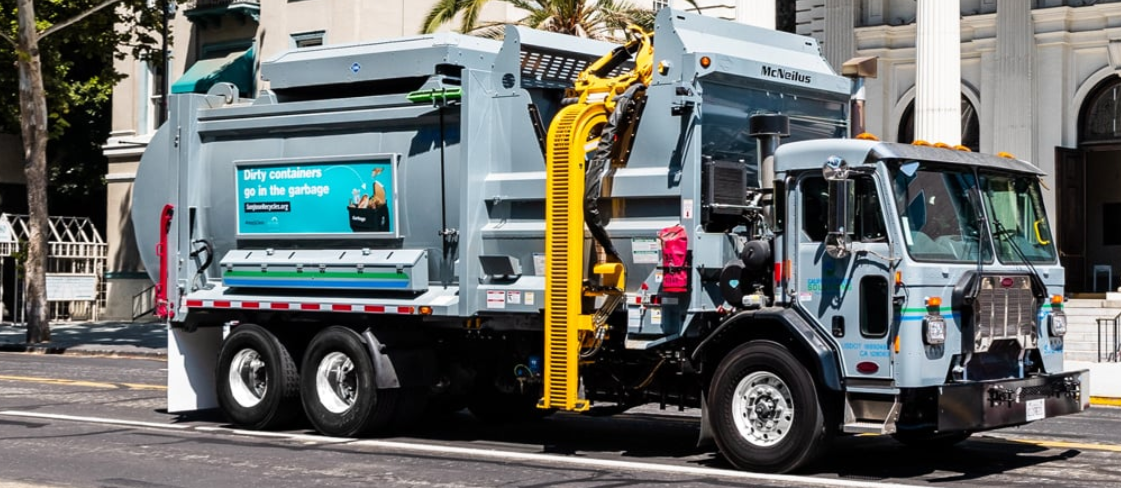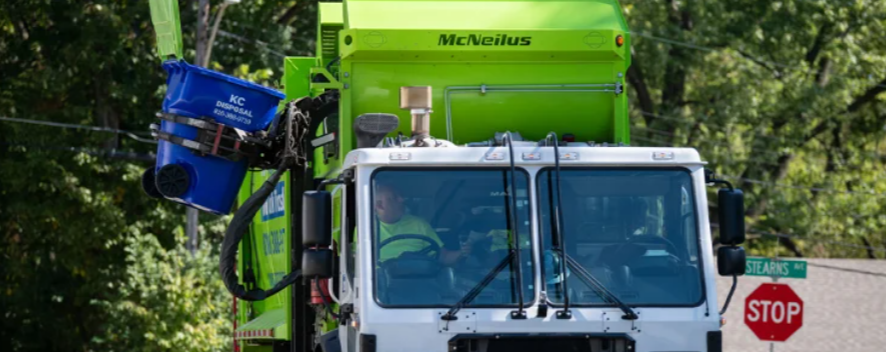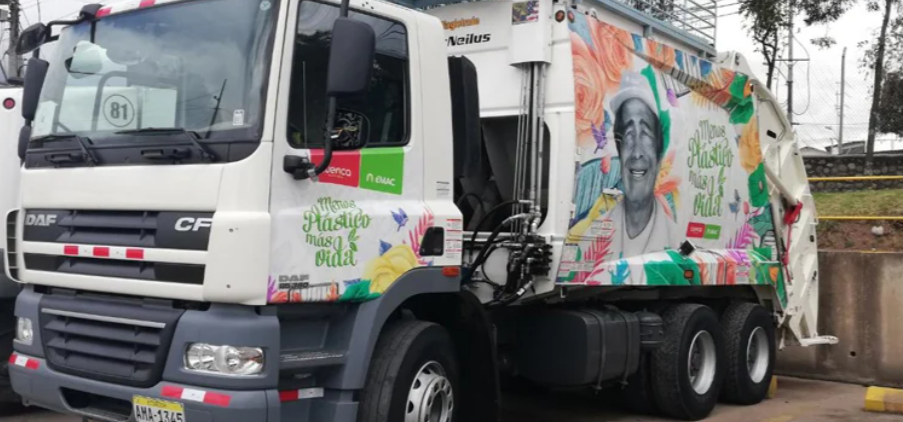The COVID-19 pandemic forced massive shifts for the refuse industry as people spent more time at home. Residential trash volumes surged, driven by increased household activity and widespread home cleanouts. Waste collection companies, already facing a limited workforce due to pandemic-related issues, struggled to keep up. Reduced staffing paired with higher waste demands created a logistical burden that many deemed unsustainable. While hiring outpaced quitting during the so-called Great Resignation or Great Reshuffle, the labor shortage has left companies in a constant scramble. This shortage impacts route efficiency, delays pickups, and increases worker workloads. In response, innovative solutions like the McNeilus Zero Radius Automated Side Loader, offered through Haaker Refuse across Los Angeles, San Diego, Central Valley, and Phoenix, have become vital. This technology improves collection efficiency, reduces physical strain on workers, and helps mitigate staffing gaps. These changes highlight a need for smarter approaches as the industry rethinks how to manage rising challenges effectively.

Labor Shortage
Chuck Stiles, who leads the Solid Waste and Recycling Division of the Teamsters union, highlights the challenges of recruiting and keeping workers in the industry. He points to low wages, inadequate benefits, and a lack of respect as key reasons. These issues have persisted for over four decades. Industry consolidation has weakened the sanitation sector, while large waste companies have done little to address worker grievances. Employers claim a lack of available workers, but this explanation avoids the real problem. Many waste and recycling employees are leaving because of poor treatment and unsafe working conditions.
Maintaining garbage trucks presents significant challenges that can affect overall business performance. These challenges include managing large fleets with fewer shop workers and dealing with supply chain delays for new trucks. With limited staff and resources available, keeping vehicles in top condition is now more important than ever for operations to run smoothly. Despite advancements in vehicle technology, the tools for collecting data from refuse trucks haven’t kept up. This often leads to reactive maintenance, where repairs happen only after a vehicle breaks down or fails during its route. These delays hurt fleet efficiency and customer service. They also force businesses to hire more shop workers and maintain extra vehicles, which many companies cannot afford, especially while recovering from post-COVID setbacks.
Compounding Issues
Waste workers play a critical role in maintaining public health, and a shortage of staff has serious effects. These workers are not just part of the response to public health challenges—they are at its core. Keeping neighborhoods clean helps prevent the spread of many diseases, but these jobs are both hazardous and essential. Across the country, the private waste industry is grappling with years of mergers and acquisitions. This consolidation has failed to create safer or fairer working conditions, offering little improvement to workers’ quality of life. Patrick Hudson, vice president of customer experience for a recycling service, notes a drop in interest for these jobs among both active and passive job seekers. He explains that waste and recycling operations in the South have fared better because many quickly adjusted hiring practices during the pandemic. This issue isn’t limited to private companies. In Portage County, Ohio, the Solid Waste District, which serves 16 communities, has cut weekly trash collection to biweekly schedules. It has also considered shutting down drop-off locations. Bill Steiner, the district’s director, cites driver safety as a major concern. “We only have five workers, and each would need to drive 70 hours a week,” he says. “That’s just not sustainable.”
The McNeilus Zero Radius Automated Side Loader
Daily collection routes often come with challenges like tight streets, narrow alleyways, and clearance issues near containers. The McNeilus Zero Radius Automated Side Loader helps you manage these difficulties with ease. Its unique zero-radius design allows the arm to extend straight out instead of swinging wide, eliminating the need for large clearance space. With an optional 12-foot reach, it’s easier to handle cul-de-sacs and obstacles like parked cars. Built for demanding routes, the durable arm is proven to handle dense workloads efficiently. The McNeilus Zero Radius model is equipped with the advanced McNeilus CODE system, offering simplified CAN-based controls for complete vehicle diagnostics. Features include an integrated smart fuse panel, reduced hardware, pre-trip check reminders, and real-time status updates. The proprietary Excalibre™ packing cylinders incorporate tool steel shavers and nitrided rods, which resist wear and corrosion while reducing hydraulic contamination. Additionally, the McNeilus CODE system provides reliable truck diagnostics and troubleshooting tools, ensuring smooth operations. The vehicle’s advanced paint process ensures better coverage and a durable finish that holds up over time. With these features, the McNeilus Zero Radius Automated Side Loader is built to tackle the demands of modern refuse collection efficiently and reliably.

The waste management industry faces a growing labor shortage as fewer workers take interest in physically demanding jobs. This compounds slower operations, increased costs, and public frustration as essential services struggle to keep pace. Automation offers a practical solution to meet these challenges. The McNeilus Zero Radius Automated Side Loader (ASL) is a prime example. This advanced vehicle reduces the need for manual labor by automating collection tasks, allowing one operator to do the work of an entire crew. Its compact design navigates tight spaces, improving route efficiency and reducing delays in service. By investing in solutions like the McNeilus Zero Radius ASL, waste management providers can address labor shortages while cutting costs and boosting productivity. With its performance, durability, and focus on efficiency, this equipment is the right choice to keep operations running smoothly during tough hiring times. If you’re ready to upgrade your fleet and boost efficiency, connect with Haaker Refuse. Just message us or call (909) 598-2706 today.


